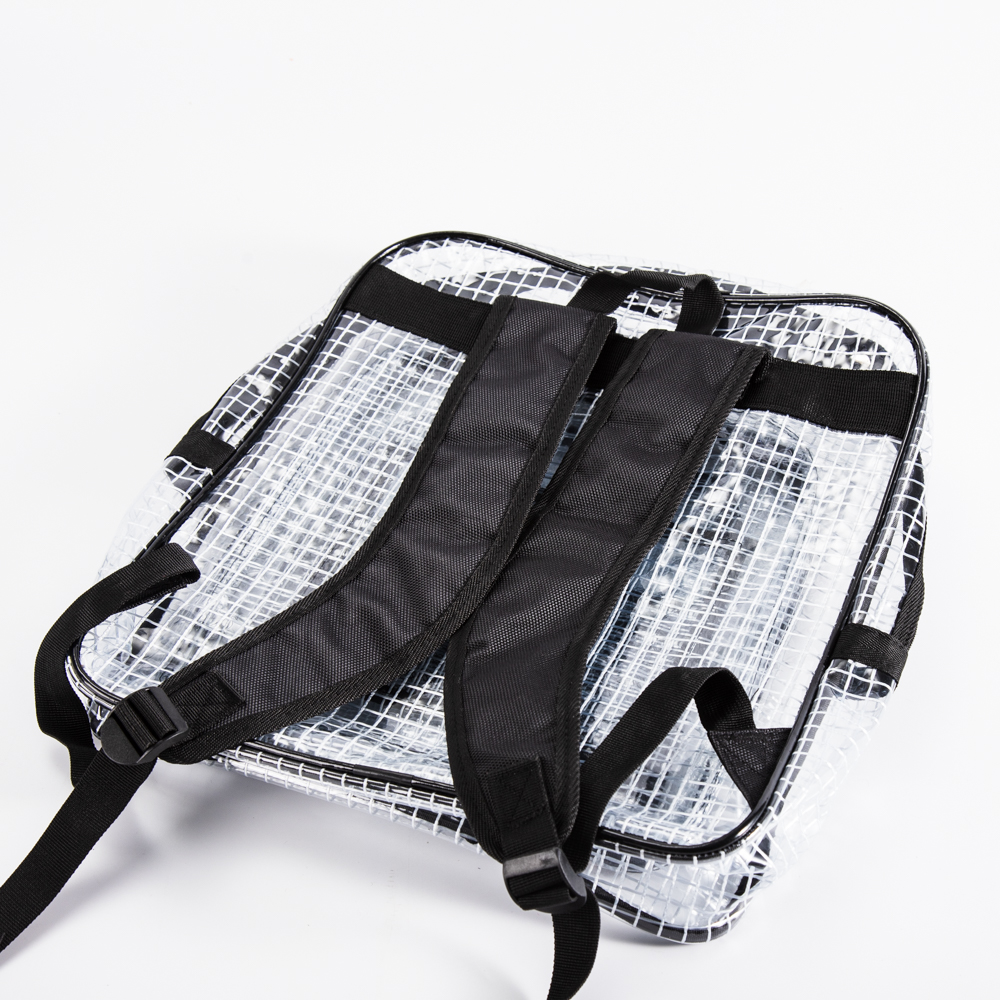Chinese companies demand more stringent measures to limit polysilicon imports
Last week, Beijing imposed high initial anti-dumping duties on imports of US-Korea solar-grade polysilicon. Analysts said that relying on their price and quality advantages, these polysilicon has always dominated the Chinese market.
However, industry experts say that any further restrictions will help China's struggling polysilicon sector to be very limited, in part because more than 60% of China's polysilicon imports are made through so-called processing trade, which is any anti-dumping. The measures will not be covered.
Relying on this trade method, foreign companies such as Wacker Chemie and OCI in Korea export polysilicon to China's bonded zone to enjoy official tax incentives, then produce polysilicon into solar wafers, cells and solar panels, and finally export to other country.
Officials in the industry said that after the Chinese government announced anti-dumping decisions last week, the polysilicon industry lobbying group in Beijing has been calling on the Chinese authorities to make up for the loophole and file another complaint with the Chinese Ministry of Commerce.
Ma Haitian, deputy secretary-general of the Silicon Industry Branch of China Nonferrous Metals Industry Association, told reporters: "We have just raised this issue again when communicating with the Ministry of Commerce. We hope that they can remove polysilicon from processing trade, and so on, all imports. Polysilicon will be subject to anti-dumping tariffs."
The Silicon Industry Branch of China Nonferrous Metals Industry Association has been the main force driving the Ministry of Commerce to curb the import of polysilicon. In 2012, China imported more than $2.1 billion in polysilicon. The association has also been working closely with major domestic manufacturers to help the Ministry of Commerce collect evidence for anti-dumping decisions.
The Beijing authorities are levying a 53.3% to 57% tariff on US polysilicon and a 2.4% to 48.7% anti-dumping tariff on South Korea's imports of polysilicon. Analysts said the decision took into account the cost pressures imposed on Chinese solar panel manufacturers.
However, the EU did not appear in the anti-dumping preliminary ruling list. China is one of the largest export markets for polysilicon in the EU. More than one-third of the polysilicon imports come from the EU. It is clear that China hopes to use this as an opportunity to resolve the solar panel trade dispute with the EU. The EU accuses China of dumping billions of euros of solar panels in Europe at a lower production cost, and will decide on August 6 whether to impose punitive tariffs on Chinese solar panels.
After the international financial crisis in 2008, polysilicon prices fell sharply, and Chinese polysilicon manufacturers such as GCL-Poly and TBEA suffered heavy losses. Global polysilicon prices have fallen from the highest of $400 per kilogram in 2008 to less than $20 today.
In addition, Chinese domestic manufacturers have also been hit by a large number of cheap imports from major polysilicon manufacturers such as MEMC and Hemlock Semiconductor.
Chinese solar industry executives told reporters that domestic solar panel manufacturers favor imported polysilicon because foreign raw materials are cheaper and of better quality. The purity of foreign polysilicon is higher, and the purity determines the conversion efficiency of solar panels.
According to industry data, in the first half of 2013, China consumed 69,000 metric tons of solar-grade polysilicon, of which 41,000 came from imports. Only a few of China's more than 40 polysilicon manufacturers are still producing, and capacity utilization is far below design capacity.
Analysts said China's imposed anti-dumping tariffs could push polysilicon prices up 10% because Beijing authorities imposed only 2.4% to 2.8% tariffs on two major Korean suppliers, OCI and Hankook Silicon.
Suppliers can also export polysilicon to China through third countries to avoid punitive tariffs.
Glenn Gu, senior solar analyst at IHS, said: "In view of all legal loopholes and low tariffs on Korean imports, anti-dumping will help the domestic industry very weakly."
Anti-static PVC cleanroom backpack tool bag is a specialized backpack designed to safely and securely store and transport tools in cleanroom environments while protecting them from electrostatic discharge (ESD).
The bag is made from PVC, which is a durable and water-resistant material, and also contains additives to dissipate static electricity, making it anti-static. The backpack design allows the bag to be carried on the back, leaving the hands free for work.
The anti-static PVC cleanroom backpack tool bag is ideal for use in environments where electrostatic discharge can cause damage to sensitive electronic components and other equipment. The bag is also suitable for use in cleanroom environments where contaminants must be minimized to maintain high levels of cleanliness.
These bags are typically available in a range of sizes to accommodate different tool sizes and quantities and are designed to be easy to clean and disinfect. They often have multiple pockets and compartments for organizing and securing tools, as well as padded shoulder straps and back support for comfort during extended use.

Cleanroom Backpack Tool Bag,Clean Room Backpack,Cleanroom Bag,Cleanroom Tool Backpack
ZHANGJIAGANG CITY XIANGLE TOOL CO., LTD. , https://www.xiangletoolbag.com